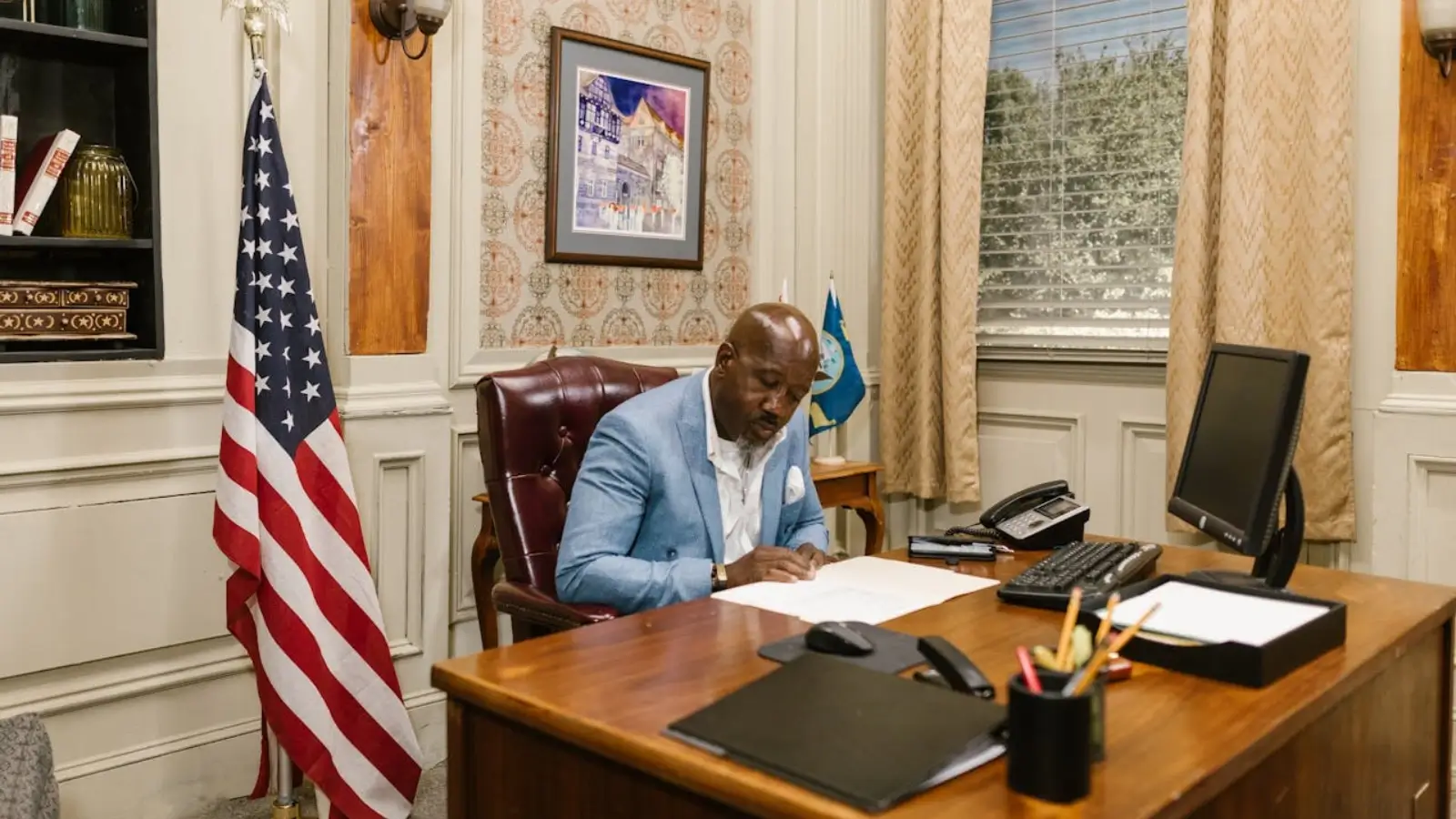It might be difficult to obtain justice if you are in a personal injury case in Louisiana. Every state handles these cases differently, so being familiar with local twists is how your interests are best protected.
From deadlines to compensation guidelines, many particular elements control your claim's direction. The good news is that you can rely on support from competent legal professionals who fully understand the complexity of situations such as yours. This article explains key points you should understand to successfully manage a personal injury case.
Evidence Gathering
“Strong evidence is the foundation of your case for personal injury in Louisiana. Reports like medical records, injury or accident site photographs, and police reports are tangible evidence to back your claims,” says Personal Injury Attorney Frank Tomeny III of Tomeny Best.
Testimonies from witnesses also considerably bolster your case in court. The credible statements of people who witnessed the event first hand carry weight, making your story more credible for judges or jurors.
If necessary, your attorney can help conduct expert opinions. Expert opinions clarify technical aspects, making the evidence presented more effective.
Consultation with an Attorney
Contacting a personal injury attorney as soon as your accident happens is advisable. A seasoned legal professional will be able to assess the particularities of your case, assist in pinpointing essential legal issues, and determine how Louisiana laws intersect directly with your circumstances.
Your first consultation clarifies potential compensation and time frames associated with settling claims. Lawyers typically lay out strategic possibilities, clarify their fee arrangement clearly, and provide pragmatic counsel geared directly to you.
While searching for a legal representative, look for people with considerable experience in Louisiana personal injury courtrooms. Knowledge of local judges, opposing attorneys, and common defense tactics gives your lawyer insider knowledge that positively impacts your case.
Settlement Negotiations
After collecting evidence and consulting an attorney, settlement negotiations become the next important step. Your attorney usually handles discussions with insurance adjusters or opposing parties to secure fair compensation based on your damages, medical expenses, lost income, and pain suffered.
Good negotiation requires patience and reasonable expectations. You can receive several proposals before agreeing to reasonable terms that reasonably reflect the true value of your claim.
At this stage, your attorney's negotiation ability comes into action. Expert negotiators understand how the insurers generally respond, and they strategically counter unfair offers to obtain the highest possible final settlement figure.
Lawsuit Filing
When negotiations break down, going to court may be unavoidable. Your attorney drafts the legal complaint listing details about your injuries, how they occurred, and why the defendant is responsible.
The Louisiana statute of limitations holds you to a two-year deadline from the incident to file personal injury cases. Not doing so could invalidate your claim, so timely action is still necessary.
Your lawyer then formally notifies the defendants of your claims by serving them. Served opposing parties have limited time to reply formally, typically 15 days in state courts.
The Discovery Phase
The discovery phase lets both sides exchange relevant information and get facts before trial. Your lawyer requests documents, interrogatories (written questions) and takes depositions of witnesses or parties involved to create a solid ground for your case.
At depositions, attorneys question persons under oath who are required to speak the truth. Answers given become sworn testimony that can advance or harm a case on either side when produced in court subsequently.
Discovery also determines the strengths and weaknesses of opposing sides' cases. Knowing these beforehand positions you strategically as litigation progresses.
The Trial Process
Your personal injury case is tried if a settlement cannot be reached. Lawyers present opening statements in the trial describing each side's version of events and outlining evidence to jurors or a judge.
Witnesses are sworn to tell the truth about facts about your accident and resulting injuries. Lawyers examine these testimonies by direct examination and cross-examination to elicit information favorable to their client's causes.
Closing arguments follow, presenting persuasive summaries to procure a verdict. If a party disagrees with the verdict, an appeal can be followed, elongating resolution timelines.

















